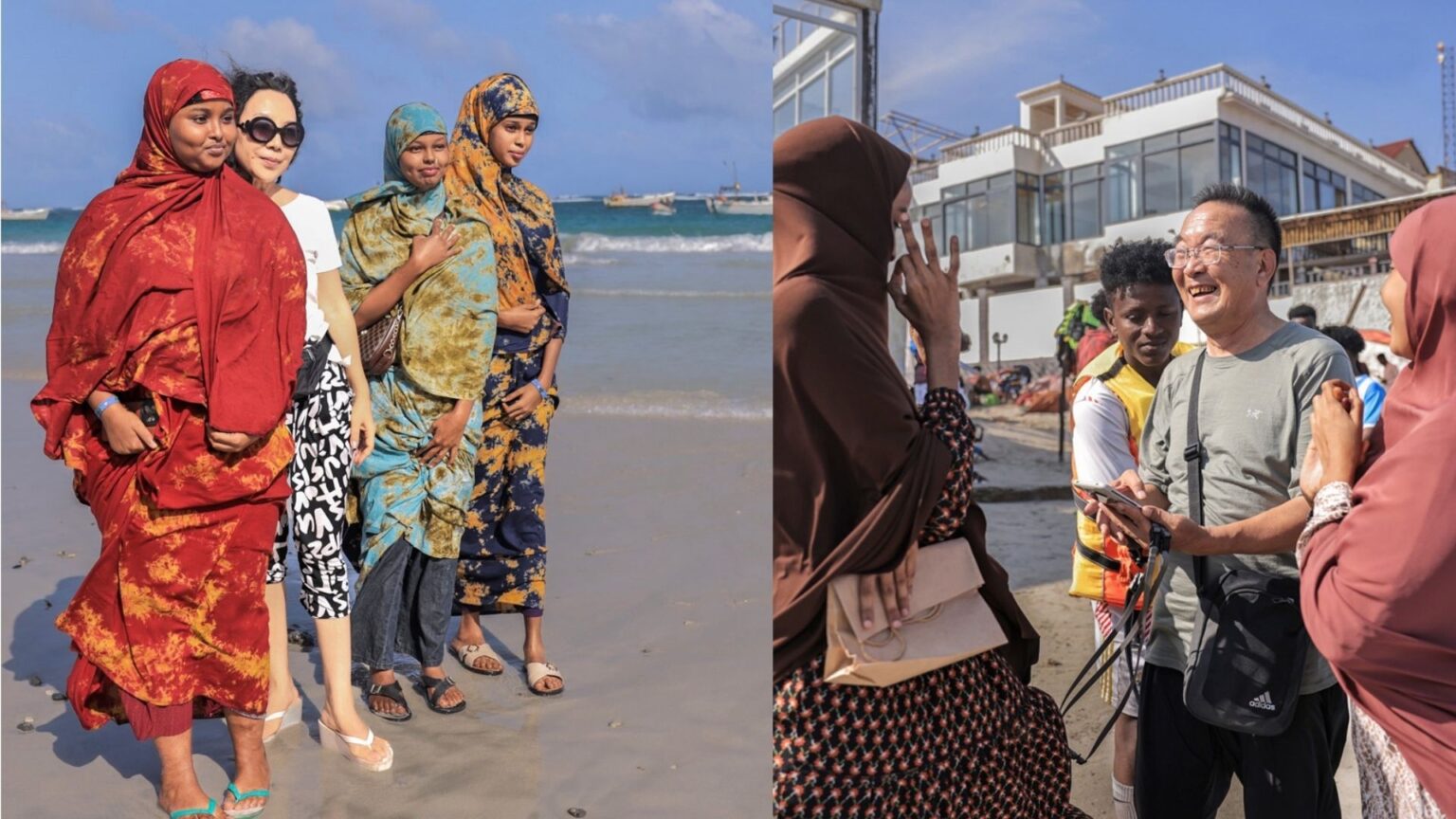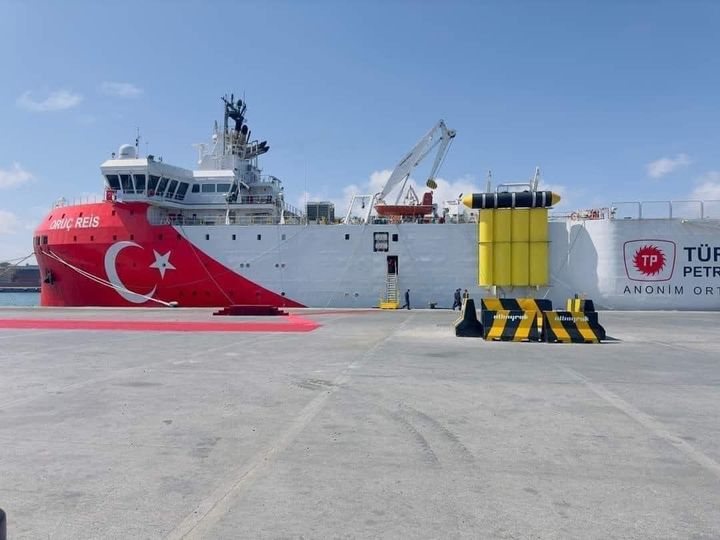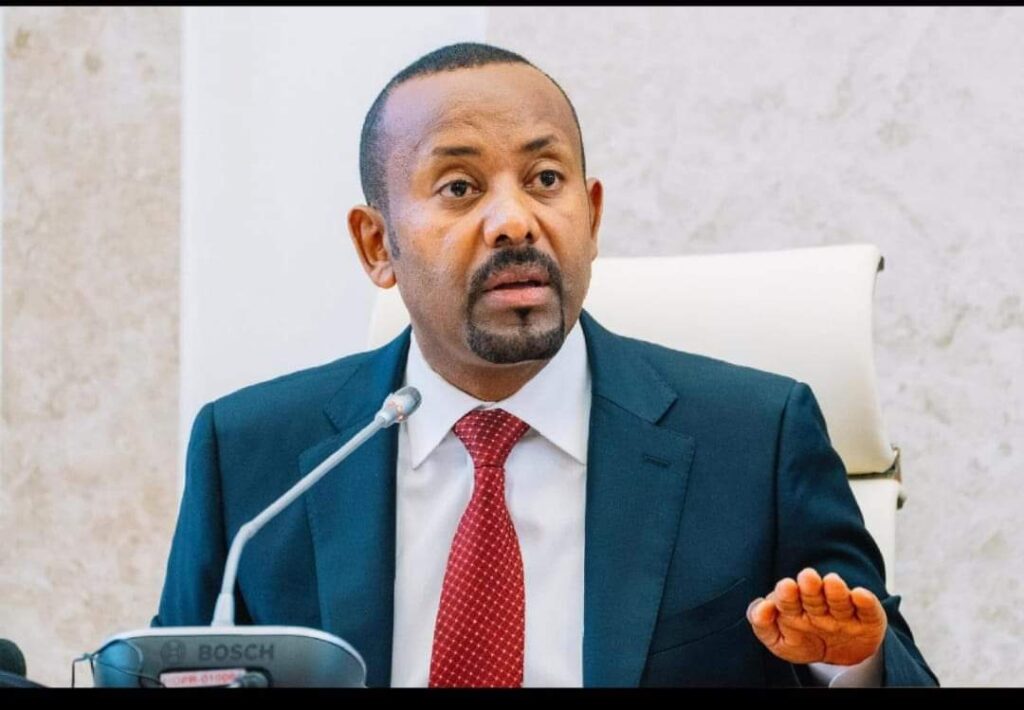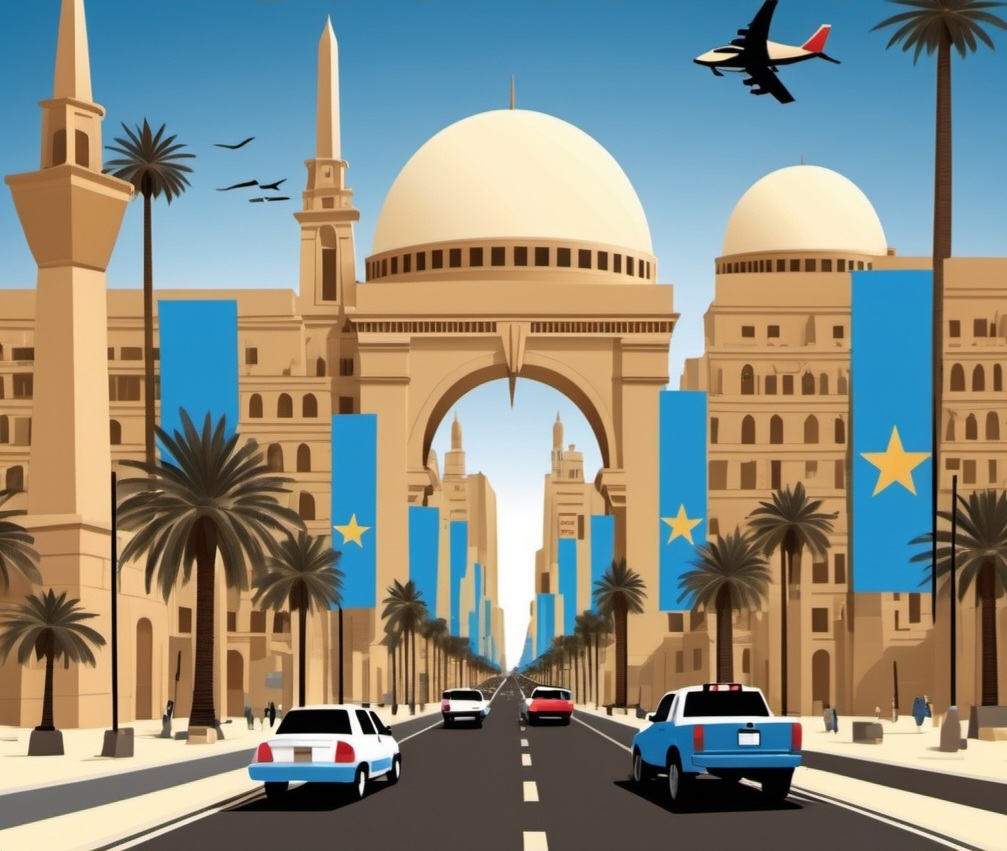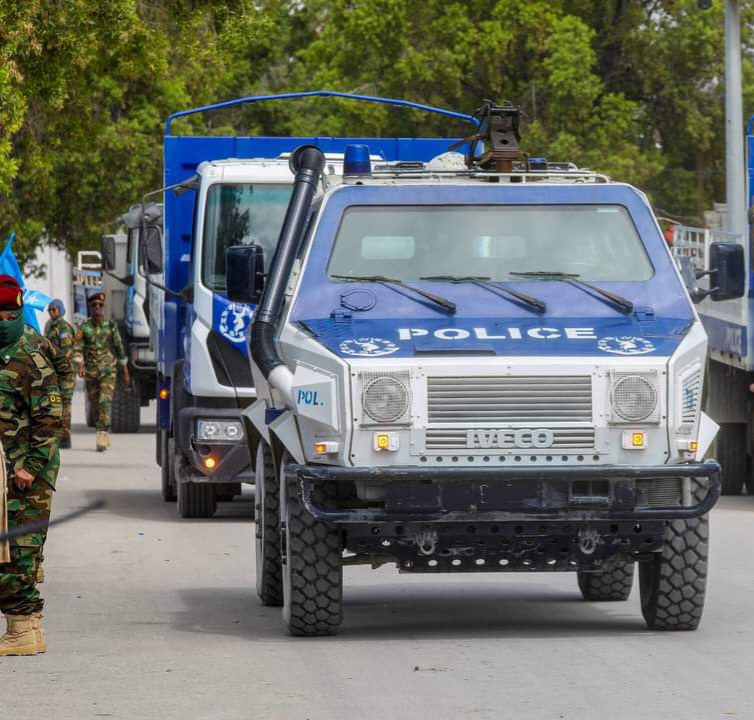International media outlets, particularly in the West, are increasingly highlighting Somalia’s emerging tourism sector as signs of recovery take shape across the country’s infrastructure and visitor attractions. In a recent report, the AFP news agency detailed how the Federal Government of Somalia is intensifying efforts to promote tourism at a time when the number of foreign visitors is rising gradually despite ongoing security challenges. Somalia’s Minister of Information, Culture and Tourism, Daud Aweis Jama, told AFP that nearly 10,000 tourists visited the country last year, and the government expects this figure to potentially double by 2025. On Mogadishu’s popular Lido…
Author: Abdikarin Dahir
The Ministry of Ports and Maritime Transport of Somalia has announced the full implementation of the Electronic Cargo Tracking Number (ECTN) system across all ports in the country. The digital tracking requirement is now mandatory for all cargo entering or leaving Somalia. The system, initially introduced on February 1, 2023, is designed to strengthen port security, enhance trade transparency, and safeguard government revenue. What Is ECTN? The Electronic Cargo Tracking Number is a digital code assigned to every shipment from the point of loading at any international port until it reaches Somalia.Its purpose is to prevent: Who Uses the ECTN…
In December 2024, the Somali Cabinet appointed Mustaf Sheikh Ali Dhuxulow as the Director General of Somalia’s Immigration and Citizenship Agency (HSJ). Since then, he has led major changes to modernize the agency and bring it up to international standards. Reforms and Strategic Overhaul Under Dhuxulow’s leadership, HSJ underwent a comprehensive institutional reform, including a full evaluation of its operational frameworks, legal structures, financial systems, and staffing models. This reformation effort laid the groundwork for long-term planning, culminating in a new five-year strategic plan (2025–2029) aimed at enhancing the agency’s effectiveness and accountability. A key achievement includes the creation of…
Addis Ababa, Ethiopia – February 15, 2025 Somali President Hassan Sheikh Mohamud has arrived in Addis Ababa to participate in the 38th African Union Summit, a key gathering of African leaders to discuss continental issues and cooperation. The President’s delegation includes newly appointed Minister of Foreign Affairs, Ahmed Moallim Fiqi, who is making his first official international trip since taking office in April 2024. Minister Fiqi’s presence is particularly notable given the heightened diplomatic tensions between Somalia and Ethiopia over recent months. Fiqi, who has been vocal in his criticism of Ethiopia during the peak of the dispute, is expected…
The Turkish-owned exploration vessel, URUS REIS, began seismic surveys off the coast of Somalia. This mission is the latest chapter in Somalia’s long history with oil exploration, which dates back to the mid-20th century. Back then, oil reserves were discovered in various Somali regions, including the Daban area of Mudug, Mogadishu, El Wak, Mandera, and Kismayo. Between 1950 and 1990, numerous international companies, including ExxonMobil, ConocoPhillips, BP, ENI, and Shell, were licensed to explore for oil in Somalia. However, when civil war broke out in 1991, these companies ceased operations, and much of the data they had collected was lost.…
Is the Federal Government of Somalia overlooking the Northern Regions at the Expense of the Somaliland Regime? The political landscape of Somalia is often characterized by a complex interplay of regional dynamics, historical grievances, and a struggle for recognition and autonomy. One of the most contentious issues in this landscape is the perceived marginalization of the northern regions, particularly in relation to the self-declared Somaliland region, which includes the cities of Hargeisa, Berbera, and Burco Critics argue that the federal government of Somalia is overlooking the interests of the majority in these northern regions, favouring the Somaliland regime that harkens…
omalia’s National Security Advisor, confirmed that Egyptian forces will contribute to the African Union’s AUSSOM mission, which supports stabilizing Somalia after ATMIS (African Union Transition Mission in Somalia).
In recent times, the relationship between Ethiopia and the Federal Government of Somalia has been marked by a growing tension, particularly regarding Somalia’s efforts to arm its national army. While it is a standard practice for sovereign nations to equip their military forces for the sake of national security and territorial integrity, Ethiopia’s apprehension raises important questions about regional dynamics, sovereignty, and international norms. A- The Right to Arm: A Sovereign Nation’s Dilemma Every sovereign state has the intrinsic right to arm its military to defend itself. Ethiopia itself has historically engaged in similar practices, obtaining military aid and purchasing…
Somalia, a nation rich in history and culture, stands at a crucial juncture in its journey towards stability and peace. As a sovereign country, Somalia has the inherent right to determine who is welcome within its borders and to forge a future that aligns with the aspirations of its people. This principle of sovereignty must be respected by external powers, particularly given the lessons learned from recent experiences in other nations like Niger, Burkina Faso, and Mali. The United States government and its allies should tread carefully in Somalia, ensuring that their actions support the Somali federal government rather than…
The Historic Ties Between Egypt and Somalia: A Context for Recent Security Agreements The recent bilateral security agreement signed between Egypt and Somalia has sparked discussions and, panic for some (Ethiopia and their somali collaborators), surprise among observers in the region. However, this response overlooks the deep-rooted historical ties that have existed between the two nations, dating back to antiquity. The relationship is not merely a contemporary political manoeuvre but a continuation of a long-standing bond that has weathered various historical epochs. One of the most notable instances of early interaction between Egypt and Somalia can be traced back to…
Federal Government of Somalia’s Move to Confiscate Illegal Weapons: A Step Toward Security and Stability In a decisive move aimed at enhancing national security, the Federal Government of Somalia has announced plans to confiscate illegally held weapons in the capital, Mogadishu, and subsequently across all cities and villages in the country. This initiative is being hailed as a much-needed breath of fresh air and represents a significant step in the right direction for a nation striving to regain stability and peace after years of turmoil. The decision to disarm illegal weapon holders is essential for several reasons. Foremost among them…

